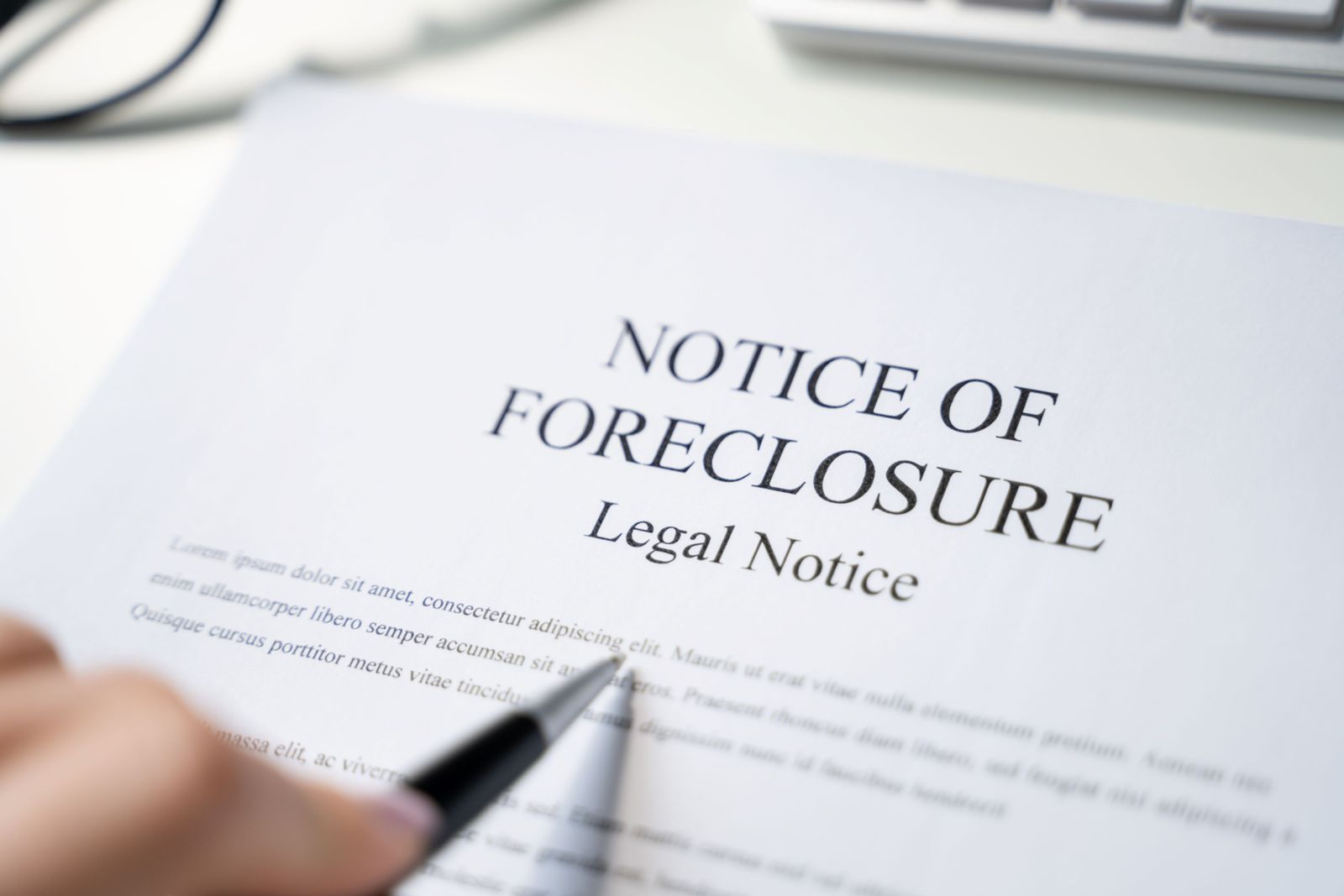Blog
Evidence and Proper Procedure for Presenting in Foreclosure Cases
Connecticut’s Appellate Courts recently rendered important opinions regarding what evidence must be presented in foreclosure cases and the proper procedures for doing so.
In J.P. Morgan v. Lakner, the Connecticut Supreme Court overruled the trial court’s protective order in favor of the bank who had objected to their borrower’s demand to produce his entire mortgage file. The Supreme Court found denial of access to the bank’s entire file prejudiced the borrower’s right to present evidence supporting his defense of payment, especially when the bank offered evidence of payment history at trial. As the defendant was allowed no meaningful access to the very documents that would allow him to challenge the bank’s testimony, the strict foreclosure judgment entered by the trial court was reversed and the matter remanded for further proceedings.
In J.P. Morgan v. Malick, the Supreme Court clarified when a lender is required to prove its debt by live testimony instead of an affidavit of debt. Connecticut’s Practice Book Rules typically allow lenders to use the affidavit process when no defense as to the debt is interposed. In Malick, the Supreme Court held that the defendant’s objection to the affidavit filed with the bank’s judgment motion was sufficient to require live testimony at the judgment hearing. The bank’s failure to do so ultimately resulted in the reversal of a judgment of strict foreclosure. Thus, it appears that any articulated challenge to the debt militates in favor of the bank being prepared to present a competent witness at that hearing or trial to recite all components of the debt calculation and accurate evidence of any other indebtedness prior in right to the interest being foreclosed. Such debts typically include outstanding tax obligations to municipalities.
The Supreme Court in KeyBank v. Yazar considered the ramifications of a bank’s failure to deliver the pre-foreclosure notice required under the Emergency Mortgage Assistance Program (“EMAP”). The Court held it is not a “jurisdictional prerequisite,” meaning that the failure to do so would deprive the court’s power to act but is only the failure of a “condition precedent” such that an action cannot proceed until the notice is given. The court ruled that until EMAP conditions are satisfied, the plaintiff cannot proceed. However, rather than dismissing the action, the Court appears to suggest the matter would be stayed until the notice is provided.
In GMAT Legal Title Trust 2014-1 v. Catale, the Connecticut Appellate Court revisited evidentiary issues associated with documents offered by the lender that incorporates data obtained from prior owners of the debt. The Court held that if the data provided by another owner is offered into evidence, the offering party only has to demonstrate this data became part of its business record in connection with the transaction in which they had a business duty to transmit accurate information. The importance of this ruling is that it obviates the lender’s need to present witness testimony and/or other admissible evidence from each and every prior holder to document their duty to transmit accurate evidence to the next assignee or buyer of the debt, a nearly impossible task if the prior loan servicer was unavailable or no longer existed. This ruling provides a significant benefit to purchasers of groups of loans from dissolving lending institutions or those lenders that transfer commercial paper in bulk, often at a discount.
If you have any questions, please contact Attorney Michael J. Kopsick at 860-812-1744 or mkopsick@kkc-law.com.
